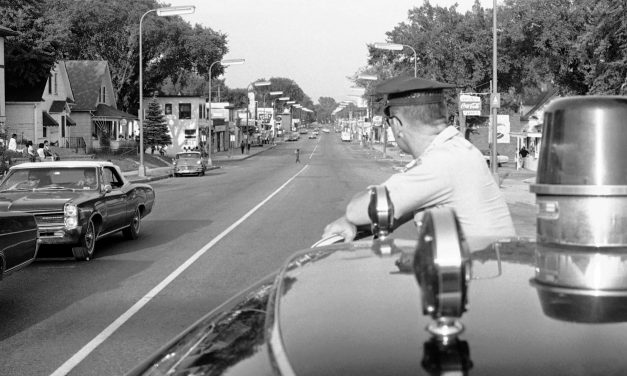Theatrics and Pageantry: How political conventions evolved from picking nominees to hosting parties
By Barbara Norrander, Professor, School of Government & Public Policy, University of Arizona In August the Democratic and Republican national conventions will take on new, uncharted formats. Due to COVID-19 concerns, gone are the mass gatherings in large convention halls, replaced with a switch to mostly online formats. This is just the latest modification in presidential nominating conventions since they were first introduced in the 1830s. Initially, conventions were insulated meetings of representatives from the state parties, with convention delegates on their own determining which candidate became the party’s presidential nominee. By the early 20th century, convention participants began...
Read More















